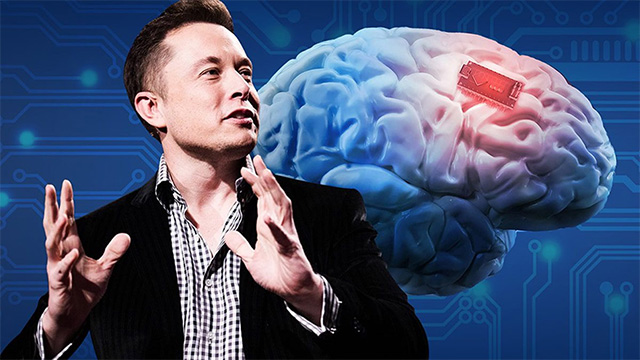
Neuralink, the neurotechnological startup co-founded by billionaire Elon Musk, said it has received approval from the US Food and Drug Administration (FDA) to start the first clinical trial on humans. .
First released to the public in 2017, Neuralink is a BCI (Brain Computer Interface) that can be implanted with a surgical robot (shown in the image above). Once the Neuralink device is implanted in a patient’s brain, it can communicate with an external computer. In short, it allows your brain to connect with technology.
With the approval of US regulators, Elon Musk said the first human trial of Neuralink brain transplant could start as soon as the second half of 2023. “It looks like the first case will happen later this year,” the billionaire said during a speech at the VivaTech event in Paris recently. However, Elon Musk declined to mention other details such as how many patients will receive the transplant and for how long.
In fact, Neuralink started its volunteer enrollment program earlier this year. In it, participants will be assessed generally to see if they qualify for future clinical trials. The company says on its website that “anyone in the United States who is at least 18 years old and of the legal age of majority in the state in which they live. Those wishing to participate must commit to accepting the risk. quadriplegia, hemiplegia, reduced vision, hearing loss and/or inability to speak.
While there’s been much discussion around the possibility of using Neuralink, the company’s current focus is on helping people with hemiplegia or quadriplegia lead an easier and more normal life. This will be done by allowing patients to control devices, such as smartphones and computer mice, using only their thoughts.
In addition to the implant, Neuralink has also designed a specialized surgical robot to perform the implantation process. So far, the company has only conducted animal research.
Neuralink sounds like an exciting leap into the relationship between humans and computers. However, the implantation of electronic devices, even the most advanced in the brain, has raised many concerns or even caused an obsession about the invasion of privacy as well as harm to health. human. What if almost all of our thoughts were collected by machines and sent to Neuralink? That’s really a bad scenario of this seemingly transcendent technology.






